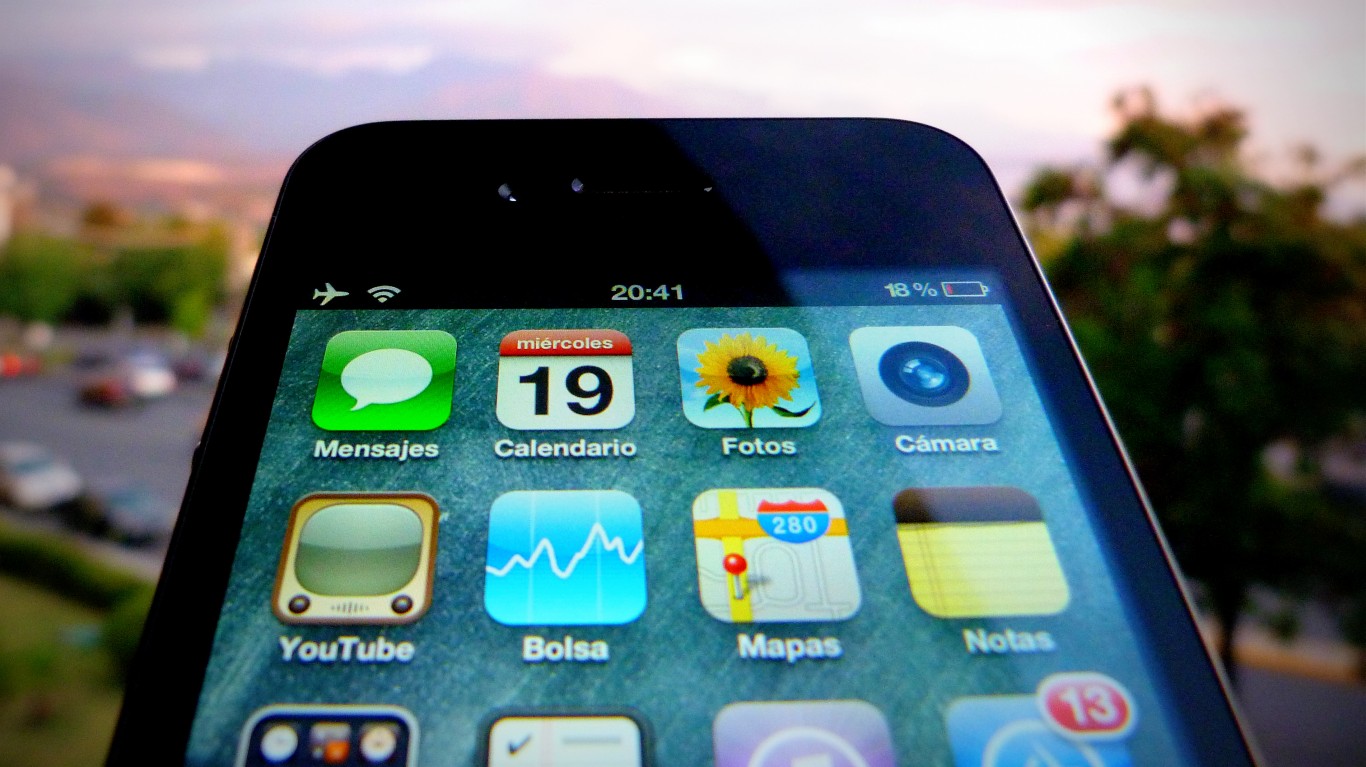
In an announcement early Wednesday morning, Apple Inc. (NASDAQ: AAPL) said it will reduce the commission it charges app developers that earn up to $1 million annually from 30% to 15%. The change takes effect on January 1, and developers will qualify for the reduction based on 2020 revenue, and it will apply to revenue posted after the fee was applied. In effect, then, any developer with gross sales of less than $1.3 million will be eligible for the lower commission rate.
For developers who initially qualify for the lower rate but have sales above the $1 million ceiling during the year, Apple will charge the full 30% fee for the rest of the year and begin the following year at the full commission rate. Large companies like Netflix and Spotify will continue to pay the 30% commission rate.
In its announcement, Apple said that its App Store ecosystem “facilitated” $519 billion in commerce during 2019 with more than 85% of that accruing “solely” to developers and businesses of all sizes.
Apple CEO Tim Cook commented: “We’re launching this program to help small business owners write the next chapter of creativity and prosperity on the App Store, and to build the kind of quality apps our customers love. … Our new program carries that progress forward — helping developers fund their small businesses, take risks on new ideas, expand their teams, and continue to make apps that enrich people’s lives.”
The change is unlikely to satisfy demands for more changes, particularly from Spotify and Epic Games, creator of the massively popular Fortnite. Spotify has filed a complaint with the European Union’s competition committee.
Epic violated App Store rules requiring that in-app purchases be made through the App Store and Apple quickly took down the iOS-compatible version of Fortnite. In mid-August, Epic sued Apple for removing Fortnite from the App Store. In its complaint, Epic said it is not seeking monetary compensation but “fair competition” in the iOS distribution market and the in-app payment processing market. Earlier Wednesday, Epic filed a similar suit against Apple in Australia.
Two weeks later, Apple countersued claiming that Epic breached its contract with Apple by changing its payment system without submitting the changes to Apple for approval. Of course, that approval would have been withheld, so the effect would have been the same. Apple also denied Epic’s charge that the Cupertino giant is a monopoly.
Wednesday’s change to commission rates almost certainly is aimed at bolstering Apple’s claim that it fosters innovation and creativity while maintaining standards for the apps in its ecosystem. It is a tricky question. By offering apps only through the App Store, Apple is virtually assuring consumers that the app will work as advertised on their iPhone or iPad. That’s worth something, as is the reach of the App Store. But is it worth 30% of a developer’s revenue?
Apple stock traded down about 0.8% early Wednesday, at $118.46 in a 52-week range of $53.15 to $137.98. The stock’s consensus 12-month price target is $124.81, and the dividend yield is 0.69%.
Thank you for reading! Have some feedback for us?
Contact the 24/7 Wall St. editorial team.



